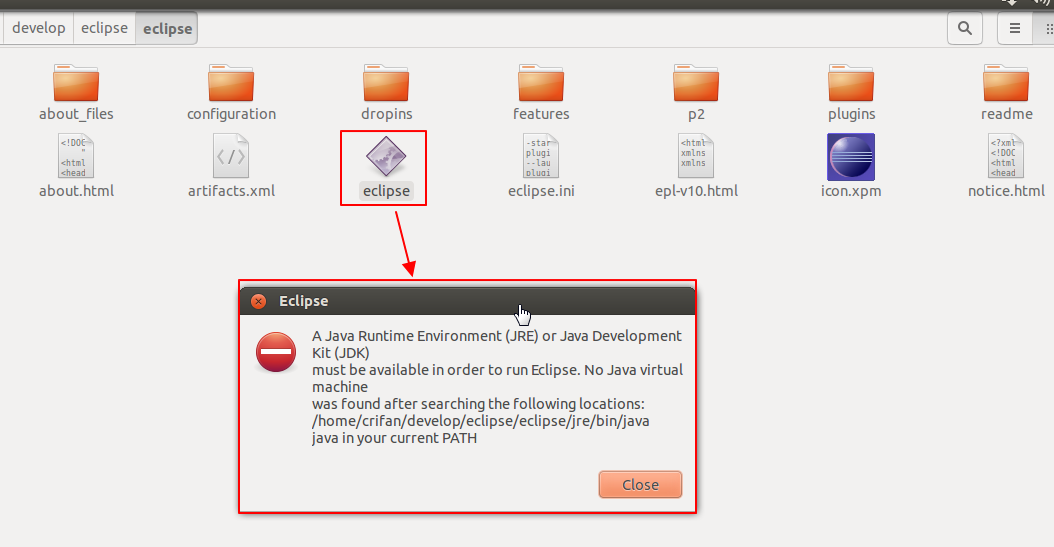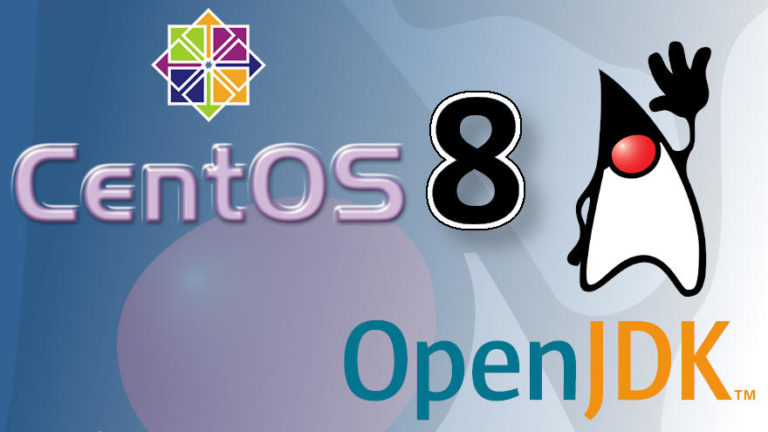

: sudo apt install software-properties-commonĮnable the Linux Uprising PPA by running the following commands: sudo add-apt-repository ppa:linuxuprising/java Install the dependencies necessary to add a new repository
Openjdk 8 jre how to#
The following steps describe how to install Oracle Java 11 on Ubuntu 18.04: Oracle Java 11 can be installed from the Linux Uprising
Openjdk 8 jre license#
The license permits only non-commercial use of the software, such as personal use and development use.
Openjdk 8 jre update#
If your application requires Java 8, you can install it by typing the following commands: sudo apt update sudo apt install openjdk-8-jdk Installing Oracle Java #īefore installing Oracle Java, make sure you read the Oracle JDK License Java 8 is still the most widely-used version of Java. If you need only JRE, install the default-jre package: Installing OpenJDK 8 # That’s it! At this point, you should have successfully installed Java on your Ubuntu system.

OpenJDK 64-Bit Server VM (build 11.0.2+9-Ubuntu-3ubuntu118.04.3, mixed mode, sharing) OpenJDK Runtime Environment (build 11.0.2+9-Ubuntu-3ubuntu118.04.3) The output will look something like this: openjdk version "11.0.2" Verify the installation, by running the following command which will print the Java version: java -version

Once the package index is updated install the default Java OpenJDK package with: sudo apt install default-jdk Installing the Default OpenJDK (Java 11) #Īt the time of writing, the latest LTS version of Java is version 11.įollow the steps below to install Java OpenJDK 11 on your Ubuntu system:įirst, update the apt package index with: sudo apt update If you don’t know which Java implementation or version to use, the general recommendation is to stick with the default OpenJDK version available on Ubuntu 18.04. We will show you how to install various Java packages. Java developer should install JDK, which also includes the development/debugging tools and libraries. If you only want to run Java programs, then you need JRE, which contains only the Java Runtime Environment. There are two different Java packages in Ubuntu repositories, Java Runtime Environment (JRE), and the Java Development Kit (JDK). OpenJDK and Oracle Java are the two main implementations of Java, with almost no differences between them except that Oracle Java has a few additional commercial features. This tutorial covers the installation of the Java SE (Standard Edition) edition. Java is distributed in three different editions, Standard Edition (SE), Enterprise Edition (EE), and Micro Edition (ME). Prerequisites #īefore continuing with this tutorial, make sure you are logged in as a user with sudo privileges The same instructions apply for Ubuntu 16.04 and any Ubuntu-based distribution, including Kubuntu, Linux Mint and Elementary OS. This tutorial describes how to install various versions of OpenJDK as well as Oracle Java on Ubuntu 18.04.

lsb_release -aĮ: Unable to locate package openjdk-8-jreĪny ideas? I've been trying to figure this out for like 4 hours now.Java is one of the most popular programming languages in the world, used for building different types of cross-platform applications. The first is my version, the second is the command and the output. $ sudo apt-get install oracle-java8-installer I also tried this one, but it didn't work: sudo add-apt-repository ppa:webupd8team/java So I'm trying to get the apt-get to work so I can just change the version via change-configuration, but it can't be found. I also tried to locate the environment variable for JDK7 and I can't find it, it is not in /etc/environment. I also tried to apt-get purge JDK7 and it did uninstall, but it is still appearing for java -version. I added the path variable to my ~./bashrc folder, but it still recognizes JDK7 as the main java version. I attempted to download it straight off Oracle's website, and i have the folder now in my /downloads/javajre folder, but I still have JDK7 on my computer and I don't know how to override it. I have tried following the apt-get's, but it cannot be found there.


 0 kommentar(er)
0 kommentar(er)
